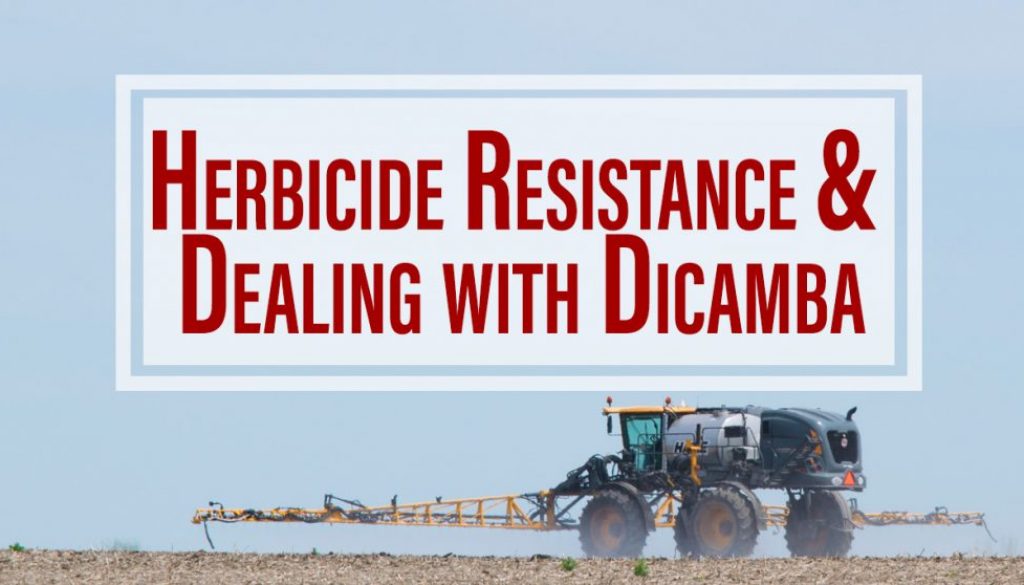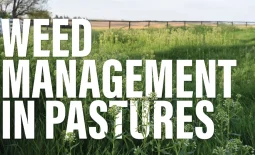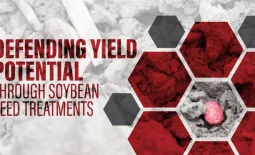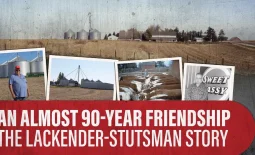Herbicide Resistance & Dealing with Dicamba
To address all the concerns and questions Dicamba brings about, we brought in Dr. Ford Baldwin, former University of Arkansas weed scientist, to discuss his experience with resistant weeds and Dicamba usage on December 14th. Dr. Baldwin has a lengthy history with Palmer Amaranth, Pigweed, and Waterhemp. Although herbicide resistance first made its debut in the South, it continues to increase in scope and geography. As we keep crossing off multiple modes of action due to metabolic resistance, we are left with 4 current MOA technologies. The newest of these 4 is over 30 years old.
So what’s it going to take to win this battle? Dr. Baldwin believes we are not going to fix our herbicide resistance problem with another herbicide. His philosophy is:
-
Wise crop rotation
-
Tillage diversity
-
Cover crops
-
Zero tolerance on weeds
-
Harvest weed seed control
- On the topic of weed seed control during harvest, did you
know as high as 99% of an escape plant’s seed survives travel
through the combine? Essentially, your combine is planting
next season’s problems. Yikes. Although some of these
practices may seem extreme now, some farmers are
windrowing chaff or collecting chaff in wagons and burning
the windrows/piles after harvest.
- On the topic of weed seed control during harvest, did you
-
Herbicide & herbicide trait diversity.
- We must get more diversity in both pre and post-emergence.
-
Utilize residuals and mix modes of actions. Plant something that you can control the weeds with in post-emergence.
Although Iowa’s 165 Dicamba damage complaints of 2017 is certainly nothing to scoff about it doesn’t come close to touching Arkansas’ near 1,000 reports of damage. As our resistance issues worsen, we need to evaluate what happened in Arkansas to prevent damage of that scale occurring here.
Some instances of damage could be pinpointed to basic drift patterns; from field A to field B. Some of the cases of individual field damages could be due to blatant label violations, honest label violations (applicators thought they were following the label and due to complexity failed), sprayer contamination, and illegal formulations. Chalk it up to human error or negligence.
However, there were some cases where entire landscapes were affected uniformly. The suspected culprit: volatility due to temperature inversions.
What’s so different about Arkansas than Iowa? First off, Arkansas farmers grow both soybeans and cotton with wide row spacing; canopies form much later. This combined with their weed control problems leads to a higher adoption rate of Dicamba. Weather also plays a key role; the higher temperatures and humidity levels coupled with the frequency of nighttime inversions makes perfect conditions for volatilization.
The severity of this issue is something not to take lightly but there is a huge divide on how to move forward. If volatility and plant sensitivity is the main problem, new guidelines and better education won’t be the solution. Until there is a concrete answer to this problem, communication with your neighbors is crucial.
Want to listen to Dr. Baldwin’s presentation? Checkout the video below:










